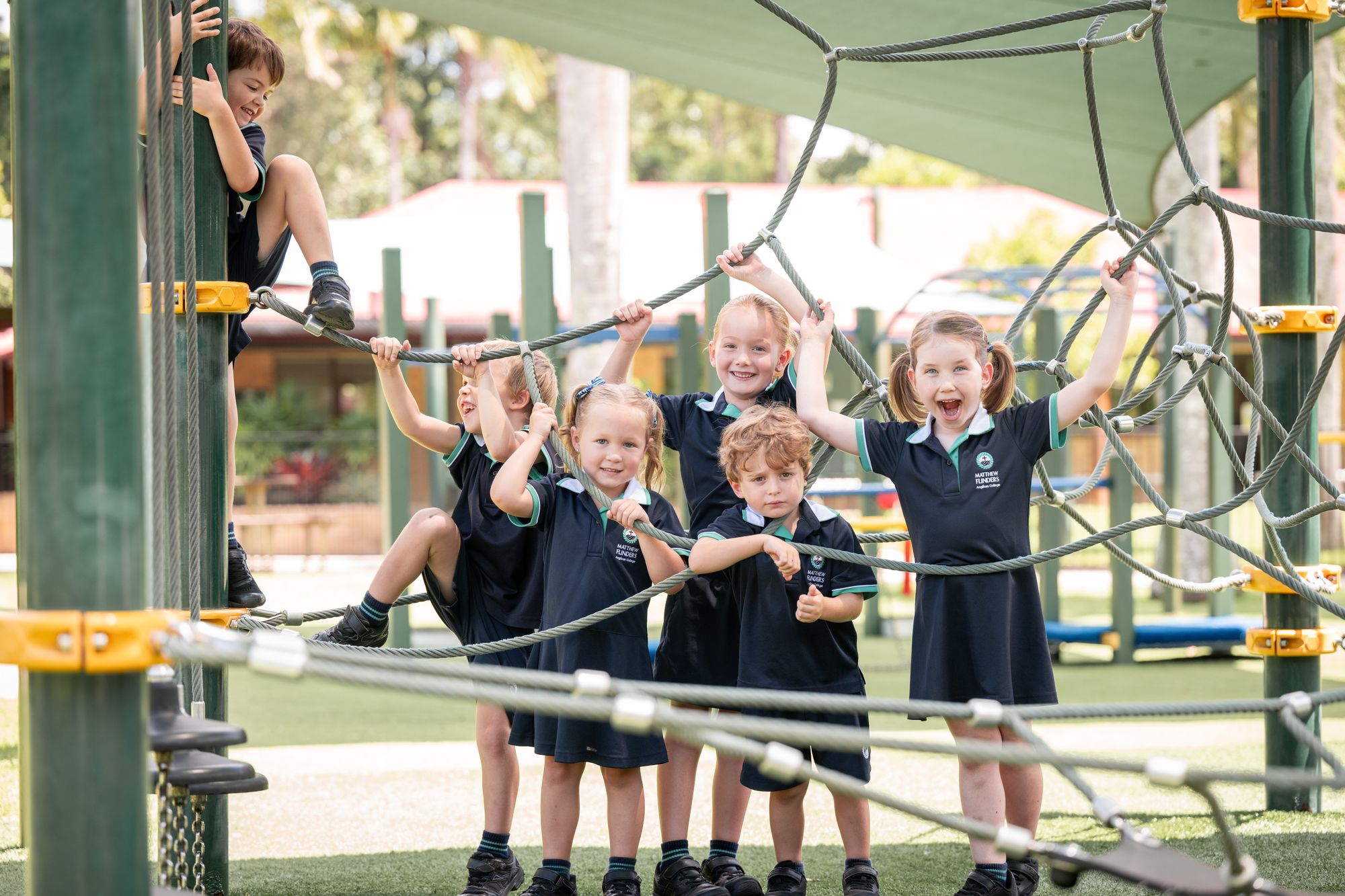Article by Mrs Trudi Edwards, Head of Primary, Matthew Flinders Anglican College
As an educator, it has been almost impossible not to engage in conversations about British social psychologist Jonathan Haidt’s newly published book, “The Anxious Generation”.
The issues Haidt raised and the facts he outlined about the epidemic of teen mental illness, the nature of childhood and why children need play, risk and independent exploration to mature into thriving adults has dominated both my professional and social conversations of late, from lunch with friends, to professional meetings and conversations.
While there have been some counter-arguments about Haidt’s call for no smart phones before high school, no social media before 16 years of age, no phones at school and more independence, free play and responsibility in the real world for children, the response worldwide has been overwhelmingly positive.
Haidt’s book primarily focuses on older adolescents and young adults, however, it also touches on the experiences of younger children. My interest sits predominantly in reflecting upon the following points he raised:
- The increase in shielding children from challenges and failures and how this can prevent children from developing appropriate resilience and coping skills.
- The need to set healthy boundaries around screen time for children.
- The need for unstructured play and free time for children’s development.
Haidt observes that while children are increasingly overprotected in the physical world there is a notable lack of protection in the virtual world, as children have unprecedented access to the digital content. Haidt argues that this imbalance contributes to heightened anxiety and mental health issues as children are denied the opportunity to develop coping strategies, independence and healthy risk taking, yet are exposed to incredibly concerning pressure and dangers in their online environment.
According to research from the Royal Children's Hospital in Melbourne, children who spend more than two hours a day on screens are more likely to exhibit higher levels of anxiety and depression. The constant exposure to social media, online games and other digital distractions can impede the development of critical social and emotional skills.
Unstructured play, however, which inherently involves the development of risk taking, must be a fundamental part of childhood as it fosters independence, problem-solving skills and resilience. Renowned Australian parenting expert Maggie Dent echoes this sentiment, emphasising that children need opportunities to explore and make mistakes and then learn from them. A study published in the Journal of Environmental Psychology found that children who engage in less risky play tend to have higher levels of anxiety. Conversely, those who regularly participate in adventurous play exhibit lower anxiety levels and better emotional regulation.
Playing outdoors, unstructured play, providing opportunities for children to take risks and giving them greater independence is suggested to go some way in addressing such issues outlined. These experiences offer children a plethora of benefits. It encourages physical activity, creativity and social interaction. Unstructured playtime in nature allows children to test their limits, develop motor skills and build confidence. According to Dent, outdoor play is crucial for developing a sense of adventure and curiosity about the world.
Practical Steps to Support Wellbeing
We can all play a pivotal role in supporting children's risk-taking and independence in safe and constructive ways. Here are three practical steps we can consider taking at school and at home to support our children’s health and wellbeing.
Encourage Outdoor Play
There is no doubt that children benefit immensely from time spent playing outside, whether in the playground at school, on school camp, in the backyard, at the park or during family outings. At Flinders, we have opened Forrester Field three times a week, at morning tea, for our students from Years 1 and 2 \ to provide a greater opportunity for unstructured, free play in a safe environment. We are also exploring the possibility of a loose playground area in our master planning. Such a space, filled with loose objects which can be handled and used creatively and collaboratively, supports safe risk taking and independence. Our Senior Primary students enjoy having access to the Anthony Vincent Oval and the Primary Pavilion at break times, which encourages them to move and play.
Limit Screen Time
Just as we supervise children’s activities in the real world, it’s important to set clear boundaries and monitor their online interactions. At home, using parental controls and regularly discussing internet safety are two ways to ensure your children are aware of the potential dangers and learn how to navigate the online world safely. As we begin our planning for 2025, we are doing a comprehensive review of homework in the Primary School which will include a deep dive into the benefits and risks of iPads coming home with Years 5 and 6 students. We have no preset idea as to the outcome of this review, but feel compelled to engage in a collaborative discussion in order to make an informed and responsive decision about homework and iPads going forward.
Build Skills in Emotional Resilience
According to Maggie Dent, supporting children in managing their emotions is crucial. This involves learning skills such as problem-solving, self-regulation and coping strategies, which can reduce anxiety and increase their ability to face challenges. Our Grow Your Mind Wellbeing Program in the Primary School focuses on developing self-regulation as a key priority.
There is merit in fostering an environment where children can thrive through exploration and adventure, and build the skills, confidence and appetite for taking risks and embracing challenges while building positive self-regulation skills. We look forward to continually reflecting upon the manner in which we do this at Flinders in our Primary School.
Trudi Edwards | Head of Primary
References:
- Maggie Dent resources, from Maggie Dent's website
- "The Anxious Generation: How to Help Your Child Overcome Anxiety." Jonathan Haidt (2023).
- Journal of Environmental Psychology. (2018). Study on Risky Play and Anxiety.

